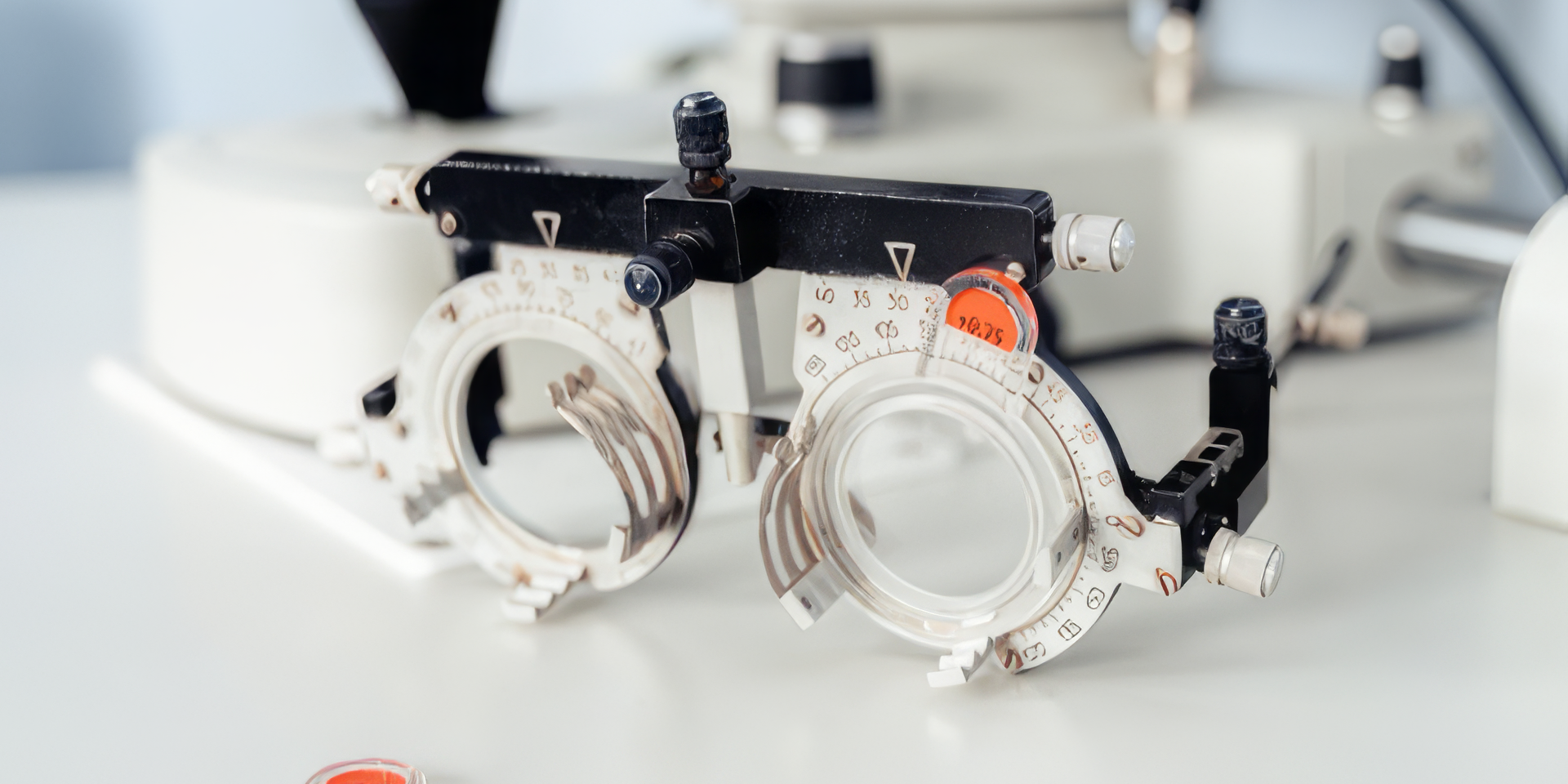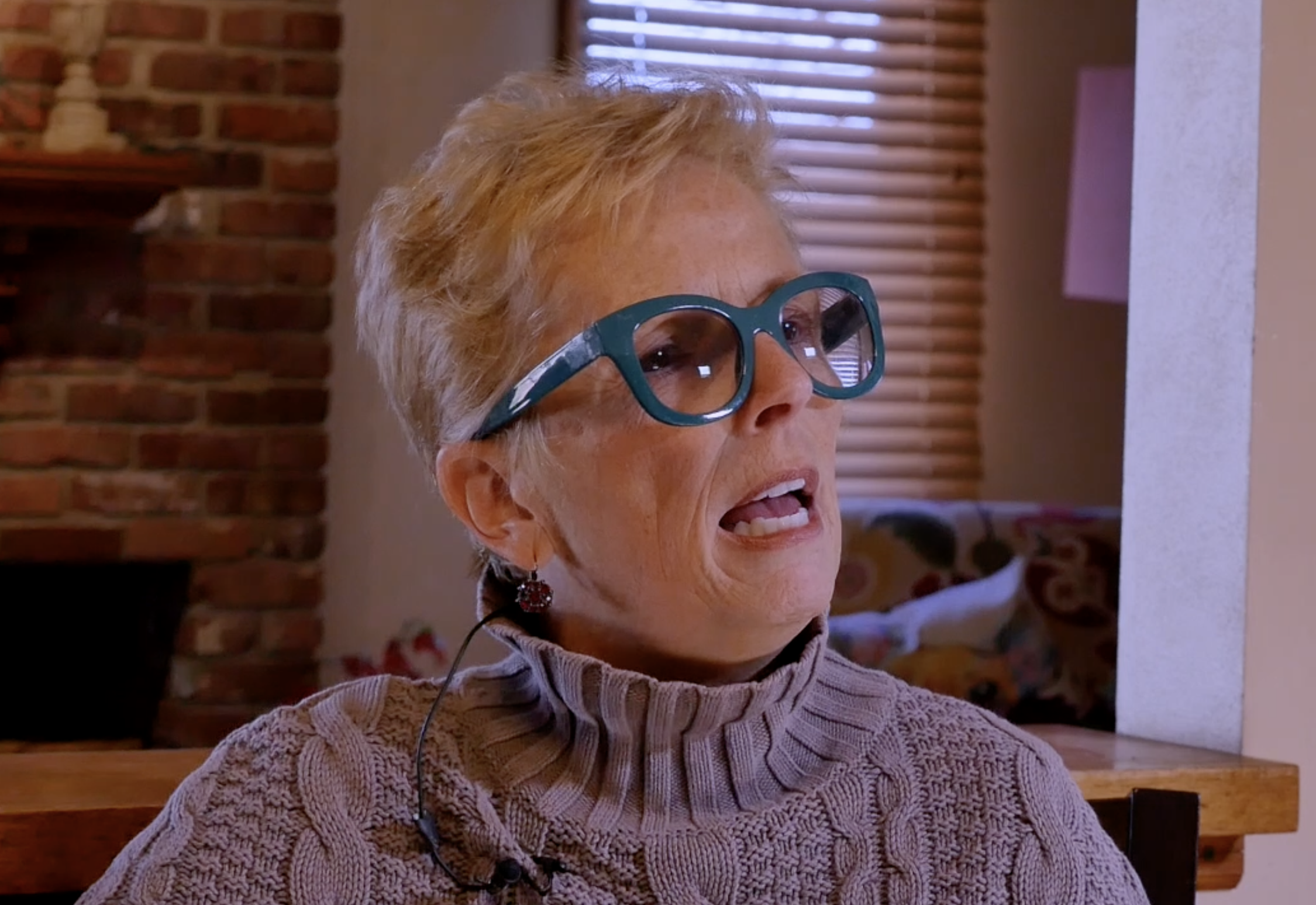Understanding Sherry's Reaction
A rare reaction to a COVID immunization shot in 2020 drove Sherry Frachey off the road –figuratively and literally -- and launched her into three years of health challenges, including brain fog, vertigo, and balance problems, from which only now she is emerging.
She credits the team at the Northbrook, Illinois-based Mind-Eye Institute for a recent turnaround in the quality of her life and the relief of symptoms she thought would likely be chronic.
“I was slowly improving, but seemed stuck on a plateau [in my health]. I thought perhaps, the Mind-Eye Institute could speed up my recovery."
- Patient, Sherry Frachey
“Doctors believe that either I had an unusual, allergic response to the COVID vaccine, or my immune system overreacted, because I was later diagnosed as having inflamed nerves of the [brain’s] cerebellum and ataxia. I recall, after getting the injection, reaching down to adjust the heat in my car while driving and then veering off the road. Wherever my eyes went, that’s where my car went,” recalls Sherry, a now retired teacher who resides with her husband, Dan, just outside of Springfield, Illinois. She blamed it all on road conditions at the time, but the actual cause turned out to be far more profound.
“I had never experienced a traumatic brain injury, but I learned that my [neurological] disorder could be categorized as a head injury due to brain inflammation,” Sherry says. “I was slowly improving but seemed stuck on a plateau [in my health]. I thought, perhaps, the Mind-Eye Institute could speed up my recovery.”
And that is exactly what is happening.
How a Simple COVID Shot Led to Sherry’s Symptoms
Indeed, Sherry began developing stroke-like symptoms, like extreme dizziness, brain fog, slurred speech, and difficulties with balance following her immunization. The combination of problems “made me feel like I was trying to walk on a boat moving through choppy waters. For a long while, I could not complete even easy activities like doing laundry, turning on the television, or just dialing the phone and talking to someone. When I looked at letters and numbers, I could identify them, but they appeared jumbled. And I kept falling and fracturing bones; doctors told me I had lost 5 percent of my bone mass.
“My eyesight went bad as well; I did not even trust myself using a walker. In bed, I would grip the sheets thinking I was about to fall out,” says Sherry, who, until then, had spent much of her life dancing and singing with high-spirited energy on stage as a member of community theater groups.
Some of Sherry’s symptoms eventually abated over time, but balance and vertigo remained unresolved issues, keeping her off the stage – although she did sing in the chorus for a couple shows – and searching for answers. It was during her research that she discovered the Mind-Eye Institute.
Mind-Eye's Impact & the Role of Retinal Processing
First, the Mind-Eye sent Sherry information about the retina, material she found “highly educational. I never realized how significant the retina is.”
“The retina is an extension of brain tissue and serves as an important component of the central nervous system. Environmental signals (in the form of light) enter the retina and convert to electrical signals, which propagate through neurons and interact with key brain structures. These retinal signals affect not only the visual cortex for eyesight but other, significant regions of the brain as well, linking with structures like the midbrain, thalamus, hypothalamus, and brainstem,” explains Deborah Zelinsky, OD, founder and executive research director of the Mind-Eye Institute. Dr. Zelinsky is recognized globally for her studies of retinal processing.
About Mind-Eye Brainwear™
"With Mind-Eye Brainwear™ (a reference to specialized eyeglasses), our optometrists are often able to maximize patients' visual performance, improve perceptions of their world, and mitigate symptoms of brain injury and other neurological disorders. The lenses even address learning problems due to autism, attention deficit hyperactivity disorder, and similar challenges," Dr. Carla Adams states.
"In other words, we work to resynchronize linkages in the brain and help patients regain a more normal perception and understanding of the world around them," she adds.
“Optical interventions, including highly individualized therapeutic eyeglass lenses, can selectively stimulate retinal activity, thereby influencing retinal processing and brain function and helping redevelop the connections among a person’s sensory inputs, especially eyes and ears,” Dr. Zelinsky notes.
No surprise to Sherry who says her inflamed brain nerves affected her sensory inputs, such as eyesight, hearing, and “even taste.”
“The Mind-Eye team’s use of filters, lenses and prisms in glasses alters the way in which light disperses across the retina. Changes in luminance on the eye affect how the brain interprets and reacts to information about the environment and can impact a person’s spatial awareness, body movement and selective attention to sound,” says Sherry’s Mind-Eye optometrist Carla Adams, OD.

At the Mind-Eye Institute, Sherry underwent a rigorous day of testing, “unlike anything she had experienced in the past. I was impressed by the depth and breadth of the testing. It gave me confidence that Mind-Eye really is truly different [from other practices],” says Sherry’s husband, Dan Frachey.
The exactness of Mind-Eye Brainwear™ lenses is critical. For Sherry, putting on the glasses had dramatic results.
“The effects were immediate. For the first time in three years, I was no longer dizzy,” she remembers, wiping tears of joy from her eyes. In fact, she believes she is about 70 percent recovered as of today (December 2023).
“The effects were immediate. For the first time in three years, I was no longer dizzy."
- Patient, Sherry Frachey
Sherry's Journey to Recovery
“I am starting to trust myself again doing daily activities, and I am back to driving. Most importantly, I have hope,” says Sherry, who adds she has set her own personal recovery bar high and intends to get back to the stage. “I realize my health journey is a process.”
“When I first heard about the Mind-Eye Institute, I was a bit skeptical, but, at the same time, we were both looking for answers to her symptoms. Turned out Mind-Eye was a really good thing. Sherry’s balance has greatly improved since receiving her individualized glasses. Mind-Eye Brainwear™ has given us a new sense of hope that we have not had before – a hope that she will regain some normalcy in her life,” says Dan.

